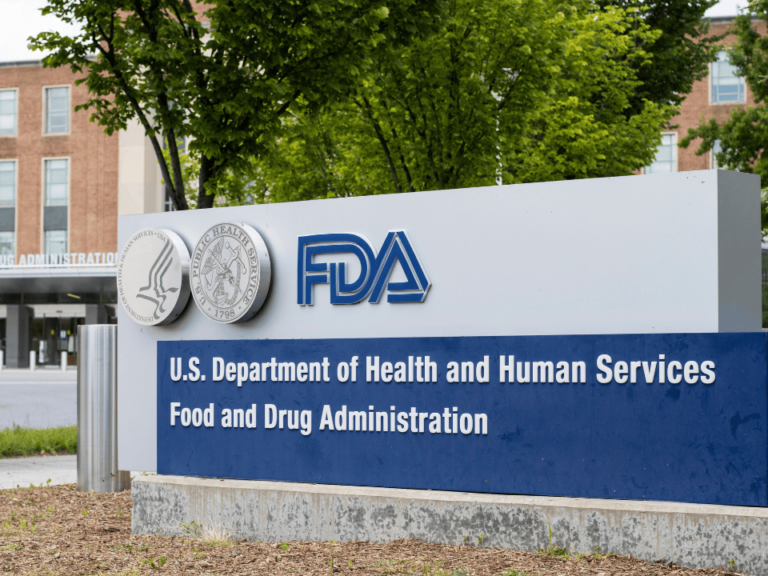CAR T-cell therapies have been used to treat cancer patients since 2011, but infection-related adverse events remain a significant hurdle. Often, fever is one of the earliest warning signs of clinical deterioration and a potentially life-threatening condition.
To access this subscriber-only content please log in or subscribe.
If your institution has a site license, log in with IP-login or register for a sponsored account.*
*Not all site licenses are enrolled in sponsored accounts.
Login Subscribe
If your institution has a site license, log in with IP-login or register for a sponsored account.*
*Not all site licenses are enrolled in sponsored accounts.
Login Subscribe







